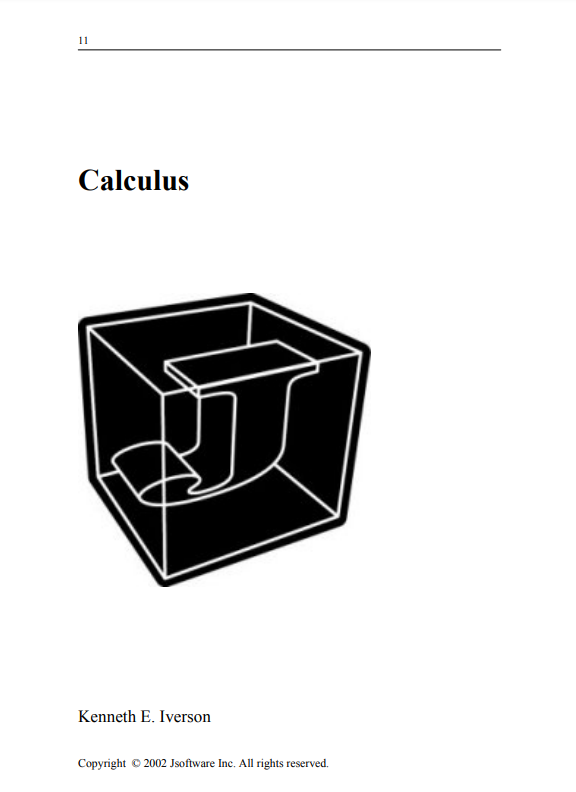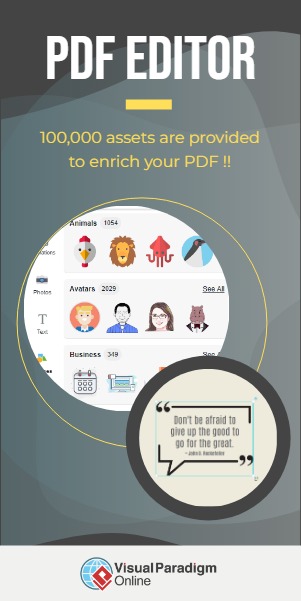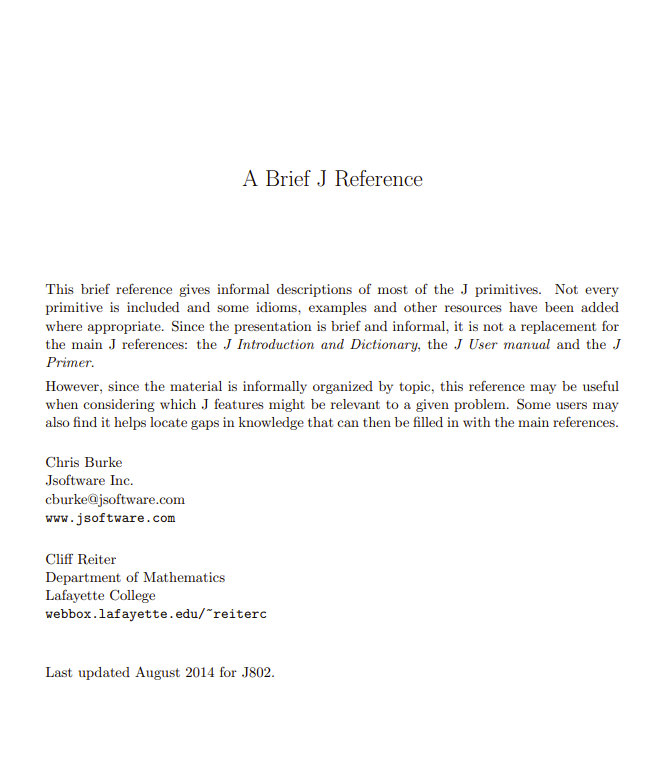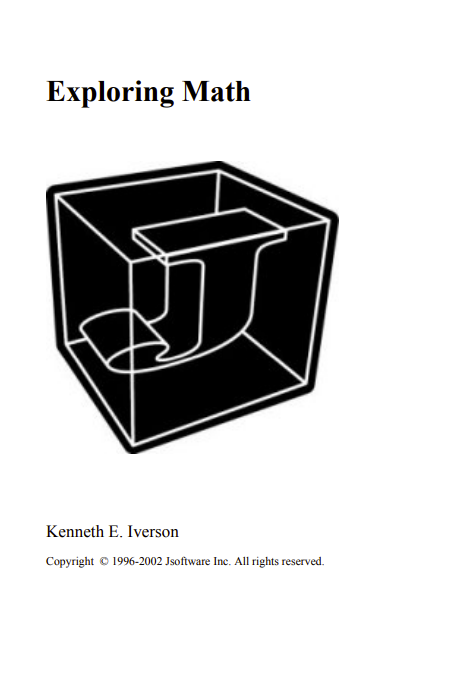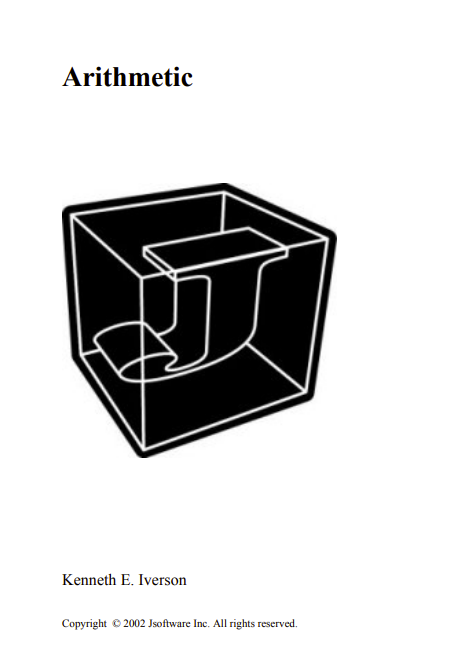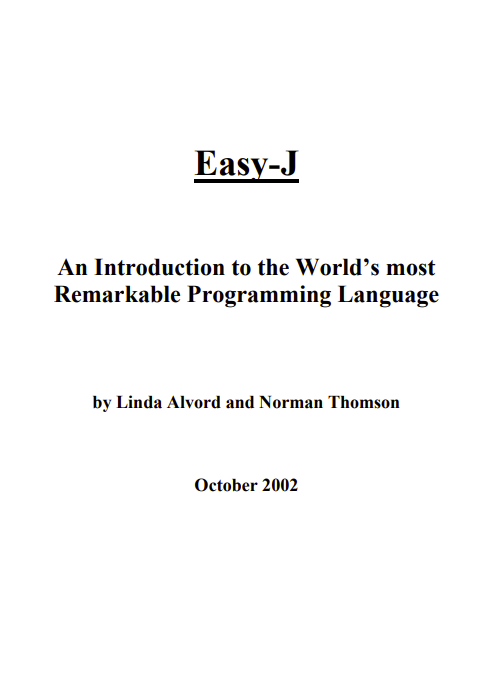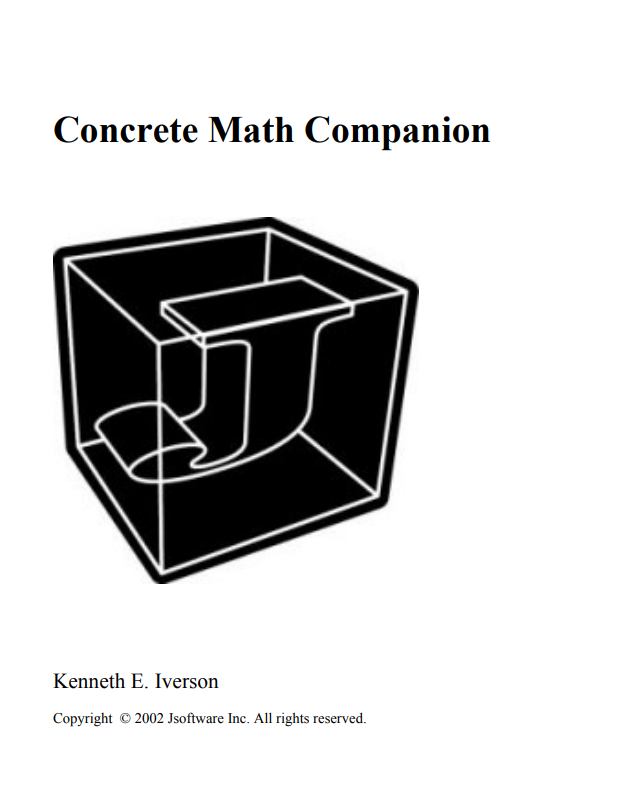Calculus is at once the most important and most difficult subject encountered early by students of mathematics; introductory courses often succeed only in turning students away from mathematics, and from the many subjects in which the calculus plays a major role.
The present text introduces calculus in the informal manner adopted in my Arithmetic, a manner endorsed by Lakatos, and by the following words of Lanczos from his preface to:
Furthermore, the author has the notion that mathematical formulas have their “secret life” behind their Golem-like appearance. To bring out the “secret life” of mathematical relations by an occasional narrative digression does not appear to him a profanation of the sacred rituals of formal analysis but merely an attempt to a more integrated way of understanding. The reader who has to struggle through a maze of “lemmas”, “corollaries”, and “theorems”, can easily get lost in formalistic details, to the detriment of the essential elements of the results obtained. By keeping his mind on the principal points he gains in depth, although he may lose in details. The loss is not serious, however, since any reader equipped with the elementary tools of algebra and calculus can easily interpolate the missing details. It is a well-known experience that the only truly enjoyable and profitable way of studying mathematics is the method of “filling in the details” by one’s own efforts.
The scope is broader than is usual in an introduction, embracing not only the differential and integral calculus, but also the difference calculus so useful in approximations, and the partial derivatives and the fractional calculus usually met only in advanced courses. Such breadth is achievable in small compass not only because of the adoption of informality, but also because of the executable notation employed. In particular, the array character of the notation makes possible an elementary treatment of partial derivatives in the manner used in tensor analysis.
The text is paced for a reader familiar with polynomials, matrix products, linear functions, and other notions of elementary algebra; nevertheless, full definitions of such matters are also provided.
